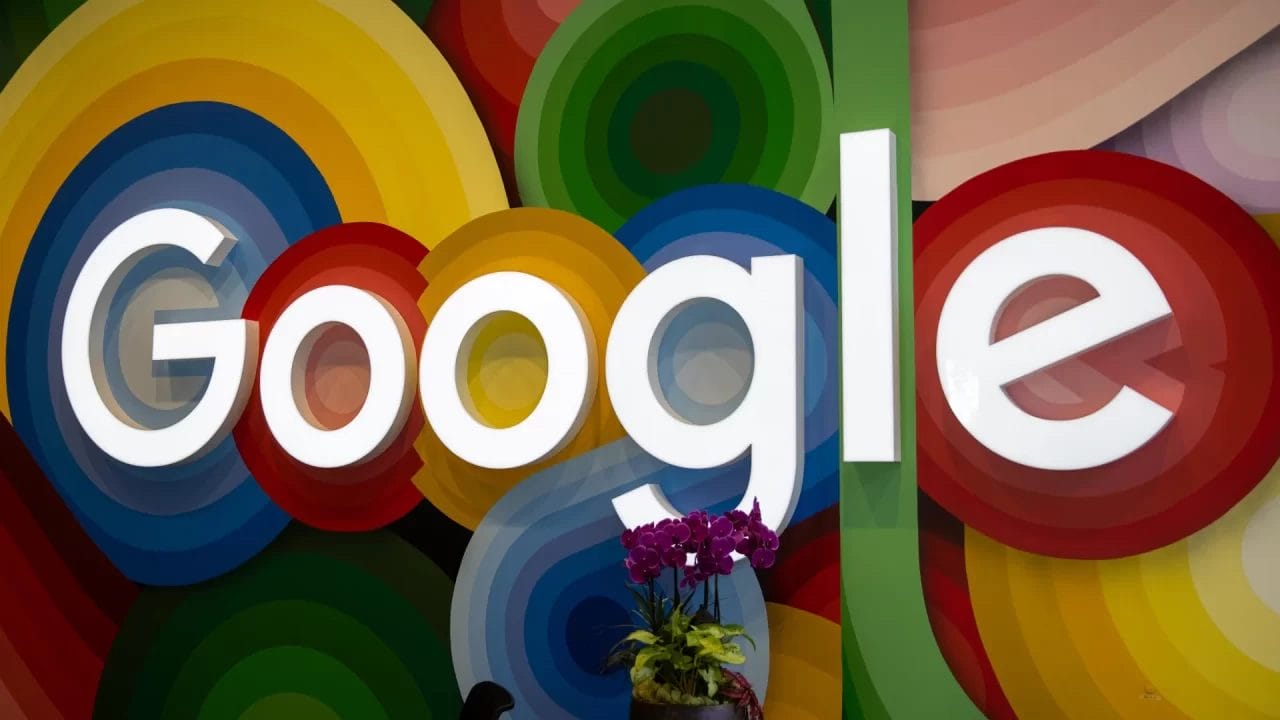At the Africa Tech Conference Last week, Charles Murito, Google’s Head of Government Relations and Public Policy in Africa, urged African governments to classify fibre optic infrastructure as critical. He stressed the need to protect both terrestrial and subsea fibre optic cables, which are vital to Africa’s growing digital economy.

Murito pointed out the increasing threat to fibre optic infrastructure. Criminal syndicates are damaging cables to steal batteries and generators from telecom towers. This disruption harms communication services and slows the continent’s digital growth.
He emphasized that classifying fibre optic infrastructure as critical would lead to harsher penalties for anyone who intentionally damages these resources. “By classifying these as critical, we can ensure stricter consequences for malicious actions,” he explained.
Google’s Investment in African Connectivity
Google has heavily invested in fibre optic infrastructure across Africa, with projects like the Equiano subsea cable connecting Africa to Europe. Recently, the company launched the Umoja cable, which offers a direct route between Africa and Australia. These initiatives aim to strengthen the region’s digital connectivity.
Telecom and industry leaders at the conference supported Murito’s argument. They explained that better protection of fibre optic infrastructure and mobile towers would reassure investors. Ensuring the security of critical communication resources could help attract more business to Africa.
Promoting Cooperation and Simplified Regulations
Murito also suggested that ISPs could collaborate more on cable-sharing agreements. This would reduce data costs and improve accessibility, benefiting consumers and businesses alike. By harmonizing cable installation policies, telecom and tech companies could expand networks more quickly and efficiently.
Governments should streamline regulations to support fibre optic infrastructure growth. By making installation and maintenance easier, authorities can foster a stronger digital economy and encourage more investment.
Mobile Internet Access in Africa
Murito emphasized the importance of mobile internet for African economies. However, only 27% of the population had mobile internet access as of last year. The low penetration is partly due to inconsistent regulations around telecom infrastructure, making it difficult for companies to build fibre optic infrastructure.
To increase access, governments must simplify regulations. This would allow telecom companies to expand fibre optic infrastructure, bringing mobile internet to more people and unlocking new opportunities.
Google’s Ongoing Support for African Connectivity
Google is not only investing in fibre optic infrastructure but also supporting African economies through its tools and services. In 2023, Google’s platforms, such as Google Search, Ads, and YouTube, contributed an estimated $1.8 billion to Nigeria’s economy. Additionally, Google’s Digital Skills for Africa and Career Certificates Program helped train millions of young Nigerians.
In 2022, Google’s Equiano subsea cable arrived in Lagos, marking a significant milestone in the company’s efforts to enhance Africa’s digital connectivity. The cable is expected to improve broadband access, boost service quality, and support Nigeria’s digital economy by 2025. It connects Portugal to South Africa, with Lagos as the second African landing point.
Murito’s call for stronger protection of fibre optic infrastructure is crucial for safeguarding Africa’s communications networks and supporting the continent’s digital economy. By classifying these cables as critical infrastructure, governments can secure the future of digital services and attract more investment. With the right regulatory framework, cooperation, and continued investment in fibre optic infrastructure, Africa can strengthen its position in the global digital economy.






